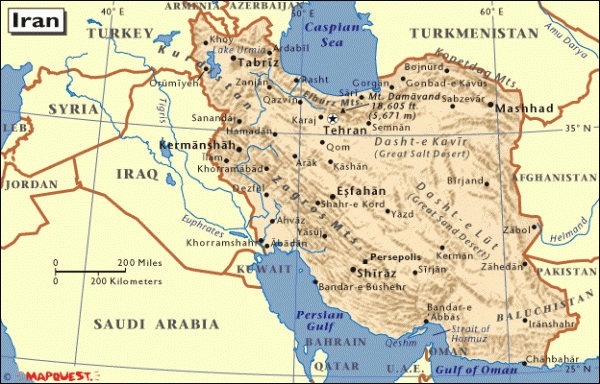 The lines are drawn on a proposed nuclear containment deal with Iran. President Obama and “peace-loving” progressives are united in support while the GOP is unsurprisingly against it. Stuck in the middle are the American people and congressional Democrats.
The lines are drawn on a proposed nuclear containment deal with Iran. President Obama and “peace-loving” progressives are united in support while the GOP is unsurprisingly against it. Stuck in the middle are the American people and congressional Democrats.
A new poll from Monmouth State University released Monday shows 41 percent of respondents are unsure if the deal should be inked while 32 percent think lawmakers should not support it and 27 percent think they should. And according to The Hill, 35 House Democrats support the deal and 29 are undecided while 18 Senate Democrats support and 20 are undecided.
The Rhode Island congressional delegation is on the fence, too.
“Congressman Langevin continues to review the agreement and consider the options in advance of Congressional action this fall,” said his spokeswoman Meg Geoghegan. “He has not yet made a final decision on how he will vote on the issue.” Rich Luchette, a spokesman for Congressman David Cicilline said simply, “Congressman Cicilline is reviewing the proposed agreement.”
Senator Sheldon Whitehouse “hasn’t announced a position on the Iran deal yet,” according to spokesman Seth Larson. And Chip Unruh, spokesman for Senator Jack Reed, said the ranking member of the RI delegation, and a nationally-regarded foreign policy expert, “continues to thoroughly review.”
As a ranking member of the Senate Armed Services Committee, Reed has been conducting hearings on the issue with Arizona Sen. John McCain. The Hill lists Reed in the yes column but RIPR coverage from July 16 says Reed “has not decided whether he supports President Barack Obama’s nuclear deal with Iran.” Unruh said The Hill “must be speculating.”
Speculation or not, The Hill lists noted progressive leaders Elizabeth Warren and Bernie Sanders as supporting the deal.
This agreement is obviously not all that many of us would have liked but it beats the alternative – a war with Iran that could go on for years,” Sanders said, according to The Hill. And quoting her from the Boston Globe, Elizabeth Warren has said, “The question now before Congress — the only question before Congress — is whether the recently announced nuclear agreement represents our best available option for preventing Iran from acquiring a nuclear weapon. I am convinced that it does.”
Progressives have largely supported the deal with Code Pink calling it “a great victory for peace-loving people around the world.” The New York Times has a 200 word summary of the deal.

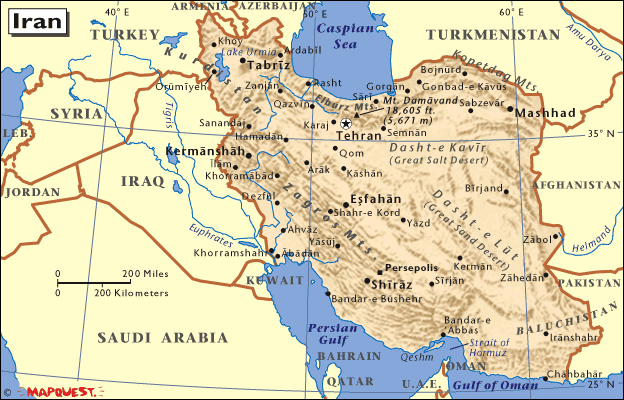
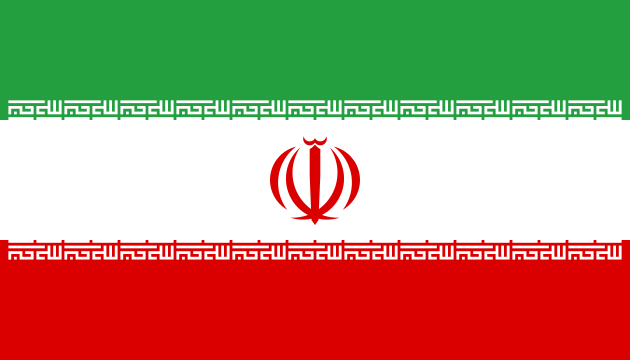
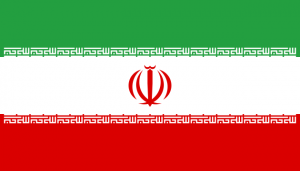

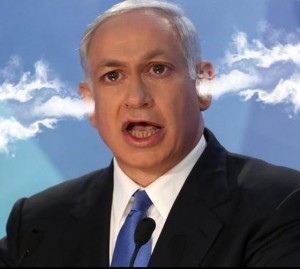




 Iran 2012: Iraq 2003 All Over Again?
Iran 2012: Iraq 2003 All Over Again?